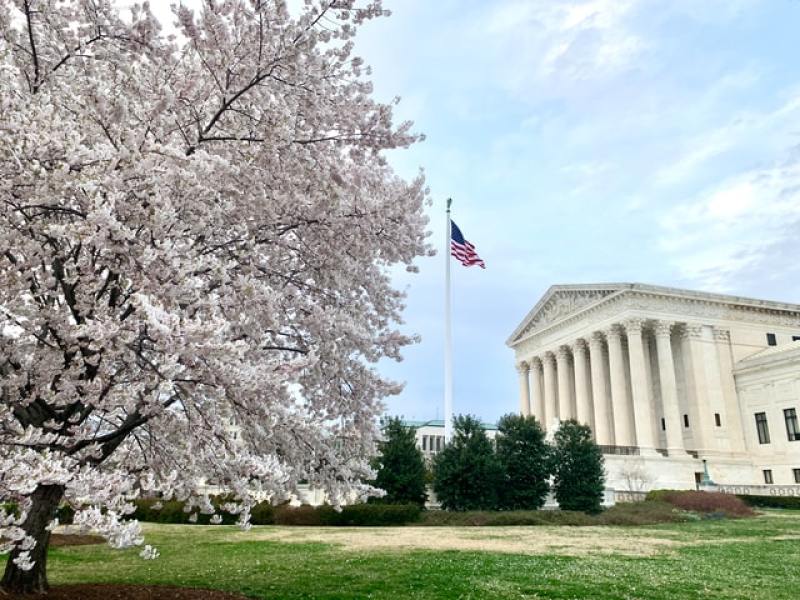
The United States Supreme Court accepted on Monday a petition to review the Indian Child Welfare Act.
According to the SCOTUSblog, the review involves four cases that challenge the constitutionality of the Indian Child Welfare Act, which aimed to protect Native American families from being separated. The independent organization stressed that the Supreme Court's review of the said cases marks "another high-profile dispute shaping up to be a blockbuster 2022-23 term."
The four cases--Texas v. Haaland, Brackeen v. Haaland, Cherokee Nation v. Brackeen--were consolidated into the Haaland v. Bracken case after an hour-long oral argument in court.
"The justices agreed to review a ruling by the U.S. Court of Appeals for the 5th Circuit that invalidated portions of the Indian Child Welfare Act, a federal law enacted in 1978 that (among other things) establishes minimum standards for the removal of Native American children from their families and establishes a preference that Native children who are removed from their families be placed with extended family members or in Native foster homes," the SCOTUSblog said.
The Court of Appeals ruled that the said provisions of the Indian Child Welfare Act are in violation of the 10th Amendment since it imposes the state to perform such duties. The federal government petitioned the Supreme Court to weigh the challenges of the said law. The Supreme Court then agreed to do and have scheduled oral arguments in the fall. The decision on the review is expected to be released next year.
The ICWA website explains that the law provides states the guidance they need on cases of child abuse and neglect and adoption of Native children. The law sets the basic standards on how such cases would be handled. While the Alaska Public Media explained that the ICWA provides Tribes the opportunity to intervene whenever a state child welfare and adoption agencies are considering the removal of a Native child from their family.
The law protects the children by enrolling them as citizens of the Tribe or making them eligible to membership status to the Tribe. There are states who have already passed their ICWA laws but the law requires them to offer additional benefits and not remove or change its application.
Most of the arguments against ICWA highlight the illegal discrimination imposed on non-Native families based on race whenever a Native child is placed in their home. The Court of Appeals for the Fifth Circuit was actually divided on the constitutionality of some of the provisions of the law last April.
Specifically, there are four petitions on the constitutionality of the Indian Child Welfare Act. These pertain to the en banc decision of the U.S. Court of Appeals for the 5th Circuit that removed some provisions of the Indian Child Welfare Act.
"Congress passed ICWA to respond to concerns that state child-welfare practices were causing large numbers of Native American children to be inappropriately removed from their families and tribes and placed with non-Native foster families or adoptive parents. ICWA established minimum federal standards for most child-custody proceedings involving Native American children," the SCOTUSblog added.
Supporters of the Indian Child Welfare Act raise that a court ruling invalidating the law would create significant negative consequences for Native American tribal rights and children.


















